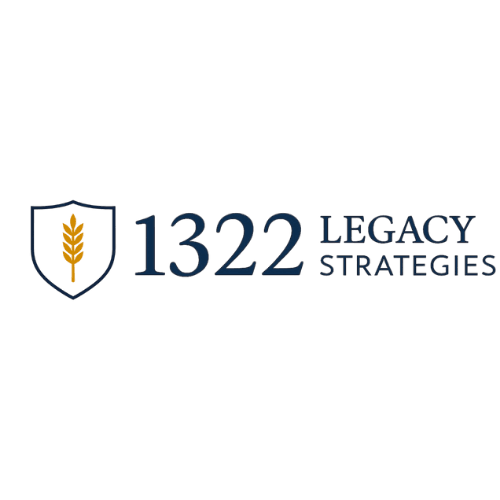For baby boomers, the latest Social Security tax changes can feel like both a gift and a question mark. Beginning in 2025, the One Big Beautiful Bill Act (OBBBA) introduces a temporary deduction that will shield many seniors from paying taxes on their Social Security benefits. But like most things in Washington, the details matter — and the relief is not universal.
What’s Changing in 2025
Under current law, Social Security benefits can be taxed once your income passes thresholds that haven’t budged since 1984:
- Single: $25,000 / $34,000
- Married Filing Jointly: $32,000 / $44,000
Above these levels, up to 85% of your benefits can be taxed as ordinary income.
The new law doesn’t repeal those taxes. Instead, it adds a $6,000 deduction per person over 65 ($12,000 for married couples). This deduction phases out at $75,000 (single) or $150,000 (joint) of modified adjusted gross income. Practically speaking, this means:
- Many middle-income retirees will see their Social Security benefits go untaxed.
- Higher-income retirees may still pay tax, just at reduced levels.
- Seniors under 65 on disability or survivor benefits don’t qualify.
- The deduction is temporary — lasting only from 2025 to 2028.
What This Means for Baby Boomers
If you’re between 60 and 70, these changes may overlap directly with your retirement transition. For many, the timing feels providential: you may retire into a window of reduced taxation on benefits. But it’s crucial not to mistake this for permanence.
- Short-term blessing: A four-year window where your tax burden may shrink.
- Long-term reality: After 2028, unless extended, the old rules return.
- Planning challenge: You’ll need a strategy that isn’t at the mercy of temporary political favors.
Why Control Still Matters
As stewards of our capital, we know that true financial security doesn’t come from Congress. It comes from capitalization and control.
Temporary deductions can help in the moment, but they don’t build lasting legacies. In fact, counting on tax law to secure your retirement is like building your house on sand. The foundation shifts, and you’re left scrambling.
Instead, baby boomers should focus on:
- Controlling liquidity so retirement income isn’t dictated by tax whims.
- Creating stable, guaranteed income streams that protect lifestyle first.
- Using Infinite Banking principles to warehouse capital in places you own, not Wall Street.
- Designing a stewardship strategy that outlives political cycles and blesses your children’s children.
The Bigger Picture: Stewardship Beyond Tax Breaks
Scripture reminds us: “A good man leaves an inheritance to his children’s children” (Proverbs 13:22). That inheritance isn’t just about money — it’s about wisdom, values, and vision.
The Social Security tax changes may put more dollars in your pocket for now. But the deeper question is: what will you do with them? Will they be consumed, or will they be stewarded to strengthen your family’s future?
At 1322 Legacy Strategies, we believe these moments are opportunities — not just to reduce taxes, but to increase intentional stewardship. Because when you control your capital with faith and wisdom, you give your family more than income. You give them a legacy.
Key Takeaway: The new Social Security deduction is a welcome reprieve for many baby boomers. But it is temporary, limited, and not universal. Lasting security comes not from Washington, but from strategies rooted in capitalization, control, and legacy.


